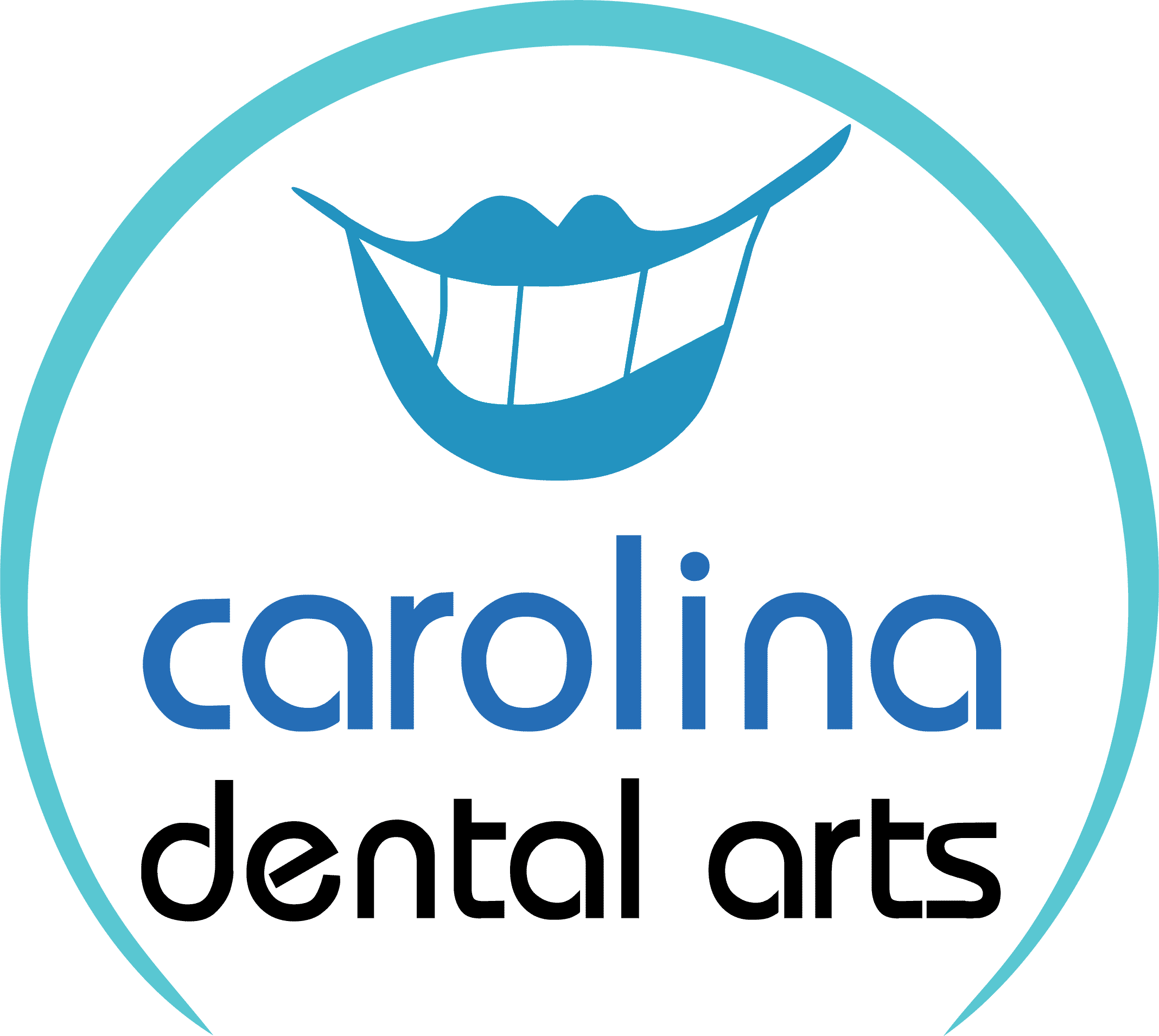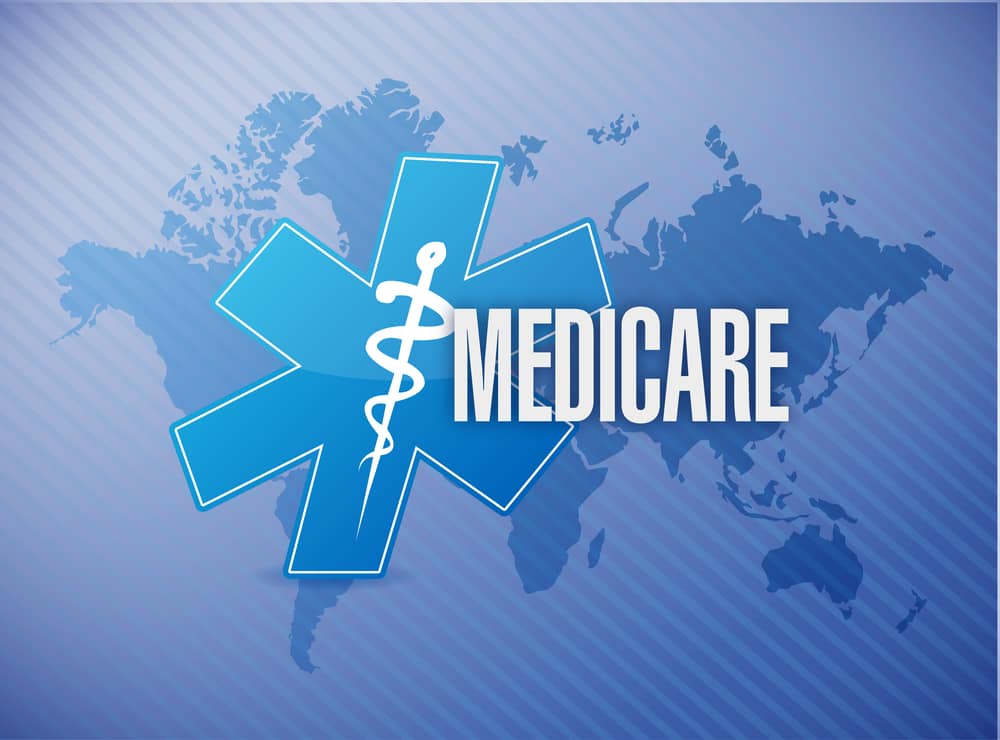In the complex landscape of healthcare coverage, understanding what services are covered by Medicare can be challenging, especially when it comes to dental care. Medicare, the federal health insurance program primarily for people who are 65 or older, does not typically cover routine dental care, such as cleanings, fillings, or extractions. However, there are certain situations where Medicare may provide coverage for dental services. Let’s delve into the nuances of Medicare coverage for dental care and explore what services may be covered under various circumstances.
Medicare Part A: Hospital Insurance
Medicare Part A covers inpatient hospital stays, skilled nursing facility care, hospice care, and some home health care services. While it does not generally cover routine dental care, it may provide coverage for certain dental services if they are deemed medically necessary as part of your inpatient treatment.
For example, if you require dental services as part of a hospital stay for a serious medical condition, such as jaw reconstruction following an accident or dental surgery prior to a major surgery on another part of the body, Medicare Part A may cover those services. However, routine dental procedures performed on an outpatient basis, such as check-ups or cleanings, would not be covered under Part A.
Medicare Part B: Medical Insurance
Medicare Part B covers outpatient medical services, including doctor visits, preventive services, and durable medical equipment. While Part B does not generally cover routine dental care, it may provide coverage for certain dental services if they are required to diagnose or treat a medical condition.
For example, if you need dental X-rays as part of diagnosing a jaw-related medical issue, such as temporomandibular joint (TMJ) disorder, Medicare Part B may cover those X-rays. Additionally, if you require dental procedures necessary for the treatment of certain medical conditions, such as oral cancer or infections, Medicare Part B may provide coverage for those services.
Medicare Advantage Plans
Medicare Advantage plans, also known as Medicare Part C, are offered by private insurance companies approved by Medicare. These plans provide all the benefits of Medicare Parts A and B, and often include additional coverage, such as dental, vision, and prescription drug coverage.
Many Medicare Advantage plans offer dental coverage, which may include preventive services like cleanings, exams, and X-rays, as well as coverage for basic and major dental procedures such as fillings, extractions, and root canals. However, the specific dental benefits and coverage options can vary widely depending on the plan and insurance provider.
If you’re enrolled in a Medicare Advantage plan, it’s essential to review the plan’s summary of benefits or contact the insurance provider directly to understand what dental services are covered and any associated costs, such as copayments or coinsurance.
Standalone Dental Insurance Plans
Since Medicare does not typically cover routine dental care, many individuals choose to purchase standalone dental insurance plans to help cover the cost of preventive and restorative dental services. These standalone dental plans are offered by private insurance companies and come in various forms, including traditional indemnity plans, preferred provider organization (PPO) plans, and health maintenance organization (HMO) plans. Each type of plan has its own network of dentists and coverage options, so it’s essential to compare plans carefully to find one that meets your needs and budget.
Standalone dental insurance plans typically cover a range of services, including:
- Preventive care: Routine exams, cleanings, and X-rays.
- Basic services: Fillings, extractions, and minor oral surgeries.
- Major services: Crowns, bridges, root canals, and dentures.
When selecting a standalone dental insurance plan, consider factors such as monthly premiums, annual deductibles, coverage limits, and the network of participating dentists. Additionally, be aware of any waiting periods for certain services, as well as any exclusions or limitations on coverage.
Medicare Savings Programs
For individuals with limited income and resources, Medicare Savings Programs (MSPs) may help cover Medicare premiums, deductibles, coinsurance, and copayments. While MSPs do not typically cover dental services directly, they can help reduce out-of-pocket expenses for other healthcare services, freeing up resources to pay for dental care.
To qualify for an MSP, you must meet certain income and asset limits set by your state’s Medicaid program. Eligibility requirements vary by state, so it’s essential to contact your state’s Medicaid office or a local benefits counselor for more information and assistance with the application process.
Q&A: Your Questions Answered
Q: Does Medicare cover routine dental care?
A: No, Medicare typically does not cover routine dental care such as cleanings, fillings, or extractions. However, certain dental services may be covered if they are deemed medically necessary.
Q: What dental services are covered by Medicare Part A?
A: Medicare Part A may provide coverage for certain dental services if they are deemed medically necessary as part of your inpatient treatment. This could include procedures related to serious medical conditions, such as jaw reconstruction or dental surgery prior to major surgery.
Q: Does Medicare Part B cover dental care?
A: Medicare Part B does not generally cover routine dental care. However, it may provide coverage for certain dental services that are required to diagnose or treat a medical condition. Examples include dental X-rays for diagnosing TMJ disorder or dental procedures related to the treatment of oral cancer.
Q: Are dental services covered by Medicare Advantage plans?
A: Many Medicare Advantage plans offer dental coverage as an additional benefit. Coverage may include preventive services like cleanings and exams, as well as coverage for basic and major dental procedures such as fillings and root canals. It’s important to review the specifics of your plan’s dental coverage.
Q: What types of standalone dental insurance plans are available?
A: Standalone dental insurance plans come in various forms, including traditional indemnity plans, preferred provider organization (PPO) plans, and health maintenance organization (HMO) plans. Each type of plan has its own network of dentists and coverage options.
Q: How can I qualify for Medicare Savings Programs (MSPs)?
A: To qualify for Medicare Savings Programs, you must meet certain income and asset limits set by your state’s Medicaid program. Eligibility requirements vary by state, so it’s important to contact your state’s Medicaid office or a local benefits counselor for assistance.
Learn More About Medicare and Insurance Coverage for Dental Care at Carolina Dental
At Carolina Dental, we understand the importance of navigating the complexities of Medicare and insurance coverage for dental care. Our team is dedicated to helping you understand your options and find the best solutions for your oral health needs. Whether you have questions about Medicare coverage, are considering standalone dental insurance plans, or want to explore the benefits of Medicare Advantage plans, we’re here to assist you every step of the way. Contact us today to learn more about how we can help you access quality dental care that fits your budget and lifestyle.






